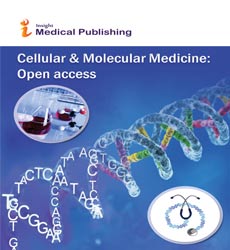Abstract
The Protective Effect Of A Low-protein Diet Against Tubulo-interstitial Damage In Diabetic Kidneys
Clinically, the efficacy of a low-protein diet (LPD) on diabetic nephropathy is controversial. Our study clearly showed that a very-low-protein diet (VLPD) intervention improved advanced diabetic nephropathy, particularly tubulo-interstitial injuries by restoring autophagy through the suppression of the mammalian target of rapamycin complex 1 (mTORC1) pathway, in a rat model of type 2 diabetes and obesity. Therefore, a VLPD should be expected as a clinically relevant means of suppressing the decline in renal function that occurs during advanced diabetic nephropathy. However, a severe pan-amino acid restriction should be avoided because of its resulting nutritional issues in patients. Further studies to elucidate which amino acids should be restricted for the greatest renoprotection are necessary for developing replacements for a VLPD to treat the advanced stages of diabetic nephropathy.
Author(s):
Munehiro Kitada, Yoshio Ogura and Daisuke Koya
Abstract | Full-Text | PDF
Share this

Google scholar citation report
Citations : 187
Cellular & Molecular Medicine: Open access received 187 citations as per google scholar report
Abstracted/Indexed in
- Google Scholar
- China National Knowledge Infrastructure (CNKI)
- Cosmos IF
- Geneva Foundation for Medical Education and Research
- Secret Search Engine Labs
Open Access Journals
- Aquaculture & Veterinary Science
- Chemistry & Chemical Sciences
- Clinical Sciences
- Engineering
- General Science
- Genetics & Molecular Biology
- Health Care & Nursing
- Immunology & Microbiology
- Materials Science
- Mathematics & Physics
- Medical Sciences
- Neurology & Psychiatry
- Oncology & Cancer Science
- Pharmaceutical Sciences

